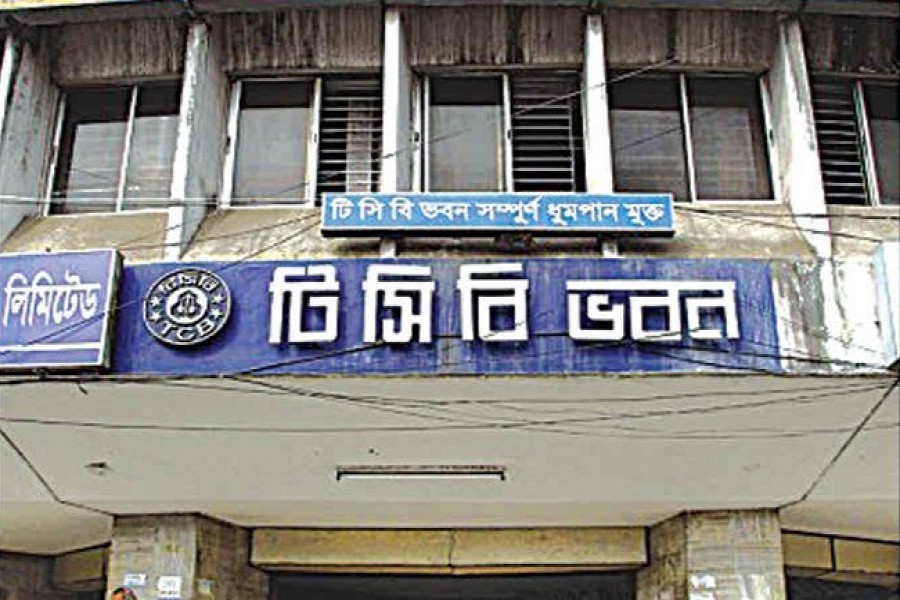
Published :
Updated :

The Trading Corporation of Bangladesh (TCB) is known mostly for not serving the purpose it was created for. In a free market economy, such an organisation is an anachronism. But when the free market is followed in its convoluted form, a body of this type can play a significant role at critical junctures of price escalation. The irony is that the TCB has been maintaining a low profile; it has never been allowed to run efficiently with the teething it needs. Throughout most part of the year, it passes idle time. It is asked to swing into action only before the holy month of Ramadan when some of the items in heavy demands register outrageous price hikes. The other time its service is sought is during abnormal shortfalls of food items and the consequent skyrocketing of prices. With its limited capacity, the TCB intervenes in the market only to prove that its intervention is too little and too late.
Undeniably, poor people in urban areas in particular get some benefit from the subsidised open market sale of rice, wheat, pulse, sugar and a few other items from trucks. But mostly it proves to be a drop of water in the desert. Experts have rightly dismissed its role as an effective intervener in making an impact on market or arresting price hike. Although the TCB operates through 2,803 dealers enlisted with it, the distribution and the mechanism for reaching the benefit to the deserving population are suspect. Sometimes the dealers resort to corrupt practices in order to make greater profit. People at the bottom rung of society for whom its subsidised items are meant cannot avail of those.
Evidently, the government trade body has in effect become a white elephant. It has been receiving subsidies without contributing to the public exchequer for the past 10 years. Reportedly, the government provided subsidy to the tune of Tk 3.7 billion from FY 2010-11 to FY 2015-16. Then the government also gave a counter-guarantee for Tk 8.0 billion's import by the TCB in the FY2012-13. If staff salary and cost of maintenance of offices and other facilities in the long run do not prove counterproductive, they surely do not justify the return on them. A lame duck, the trade organ of the government has to prove its justification in economic terms.
So, what should be the future course for this body? True, it may incur losses on account of subsidised prices. But then if it fails to leave an impact on the market by its intervention, there is hardly any rationality behind allowing it to run so inefficiently. Either it has to be strengthened enough so that it can perform well like the period when ration card was introduced for regular sale of commodities at subsidised prices or it has to be dismantled altogether. The half-way-house approach is unacceptable to consumers and it should be so to the administration as well.


 For all latest news, follow The Financial Express Google News channel.
For all latest news, follow The Financial Express Google News channel.